Last month we marked the 109th World Day of Migrants & Refugees, celebrating the work of Catholic charities in supporting refugees and migrants across England & Wales, and recognising the challenges they face to continue providing vital frontline support.
CSAN, together with the Catholic Bishops’ Conference for England & Wales (CBCEW), hosted a webinar to reflect on this year’s message from Pope Francis We had a distinguished panel of speakers, all experts in their fields, offering reflections on how we can best love the stranger and support refugees and migrants in our communities, as well as support our brothers and sisters in their homelands so they can exercise their right not to migrate, and to stay and be prosperous in their homelands.
The webinar was chaired by Patrick O’Dowd, Director of Caritas Salford and Chair of the CSAN Migration Alliance. Ahead of the event, Patrick also explained in an article for CSAN, the vital role that Catholic charities play on the frontlines in supporting refugees and migrants across England and Wales.
Bishop Paul McAleenan, Lead Bishop for Migrants and Refugees at the Catholic Bishops’ Conference (CBCEW) opened the discussion by presenting Love the Stranger, a document published earlier this year by CBCEW’s Department for International Affairs, which outlines 24 principles to guide the Catholic response to refugees and migrants.
Bishop Paul opened his presentation by quoting the Archbishop of Erbil, Kurdistan, who is leading a reconstruction project in his area:
‘… buildings can be rebuilt, but restoring the dignity of those who are marginalised and humiliated is a far more difficult journey. What is needed most of all is respect for people as human beings.’
The first principle in Love the Stranger refers to the worth of the person: ‘Our response to migrants and refugees is rooted in the innate worth of each human person’. Bishop Paul explained that it is this principle upon which the document is based, with the remaining principles an expansion of this principle. It is this principle that should guide, direct, and govern our response and our thinking towards migration, and towards migrants and refugees.
Universal belonging is the foundation of Catholic teaching and Love the Stranger calls for Governments to take account of the global situation and avoid policies that penalise migrants and refugees and disregard their basic dignity. Bishop Paul further emphasised that responsibility does not lie with Governments only – we all have a role to play as ‘to support refugees and migrants is an act of justice’.
Andrea Marchesani, from the Dicastery for Promoting Integral Human Development in the Vatican, reiterated Bishop Paul’s statement that ‘migration is not new’. Noting that the right to migrate has been recognised by the Church for many years, and equally essential is the right to stay. Andrea spoke of the many causes of migration, noting the inequalities in regions across the world, as well as within societies, which force many to flee in search of safety and a livelihood, drawing parallels with the Holy Family’s flight to Egypt.
In this year’s message, the Pope identifies ‘good politics as a service of charity’ and Andrea expanded on this point to emphasise the right to live in dignity. However, to ensure people are able to live in dignity, the right conditions must exist, and this is recognised by the Church as a shared responsibility on the part of all nation-states and political unions. Andrea further noted the importance of the four verbs, used by Pope Francis in Fratelli Tutti (#129) to characterise what should be our response to migrating persons – to welcome, to protect, to promote and to integrate, and the commitment to walk together as a Church, to accompany migrants and refugees along their journey whilst also ensuring they have the necessary conditions available in their homeland to access integral human development.
In demonstrating how we can help people in their homelands to flourish, Christine Allen, Director of CAFOD, spoke about the many projects her organisation supports in vulnerable communities around the world. Such projects include working with a local Church in Zambia to tackle the impact of climate change by developing alternative approaches to agriculture which allows villages and families to gain better nutrition and achieve increased wage stability as a result of resilient crops.
Christine noted the many causes of displacement and migration, including climate change and private development projects, as well as economic factors. CAFOD works with local Caritas organisations to tackle these challenges and create conditions that will allow people to flourish and live in dignity, whether that be supporting the rights of an indigenous population in Brazil, equipping survivors of trafficking in Bangladesh with the necessary skills to be self-sufficient, or cultivating relationships between the local and refugee population in Lebanon via vertical farming projects. CAFOD also supports Caritas agencies to advocate for change and call on Governments to tackle the poverty that exists in their own countries, to address the root causes of displacement and create the conditions necessary to live in dignity.
However, there is also much work to be done in our communities across England & Wales, which Raymond Friel, CEO of CSAN, emphasised begins with us countering the narrative we see in the media, and for us to first and foremost see migrants and refugees as people. Reflecting on Pope Francis’ call to raise our prophetic voice, Raymond urges us to raise our voices – to speak up in our parishes, in our communities and to our MPs – to question our legislators and pray their hearts will be converted.
Many of those in attendance are already involved with projects in their communities and so the discussion focused on how we can make our communities more inclusive, with ideas shared for encouraging communication and interaction with refugee friends in our communities. Encouraged by Bishop Paul, attendees shared their ideas for inviting MPs to visit community projects and parishes to listen to refugee friends about their experiences in order to better understand the needs and wants of the community so they can better represent the will of the people, especially ahead of a general election in 2024. The speakers recognised the power of the Catholic voice and emphasised the need to turn it into action and advocacy – as noted by Christine Allen, ‘people of faith coming together can be a pretty formidable voice’.
CSAN is a network charity, home to 53 Catholic organisations many of whom are on the frontlines supporting migrants and refugees. We encourage the Catholic community to engage with our members, and many more charities across England & Wales, to put their faith into action.
This WDMR we recognise the right to migrate, as well as the right to stay, whilst reaffirming our commitment to supporting our brothers and sisters to flourish in their homelands.
If you were unable to attend the webinar, you can watch it on our YouTube channel.
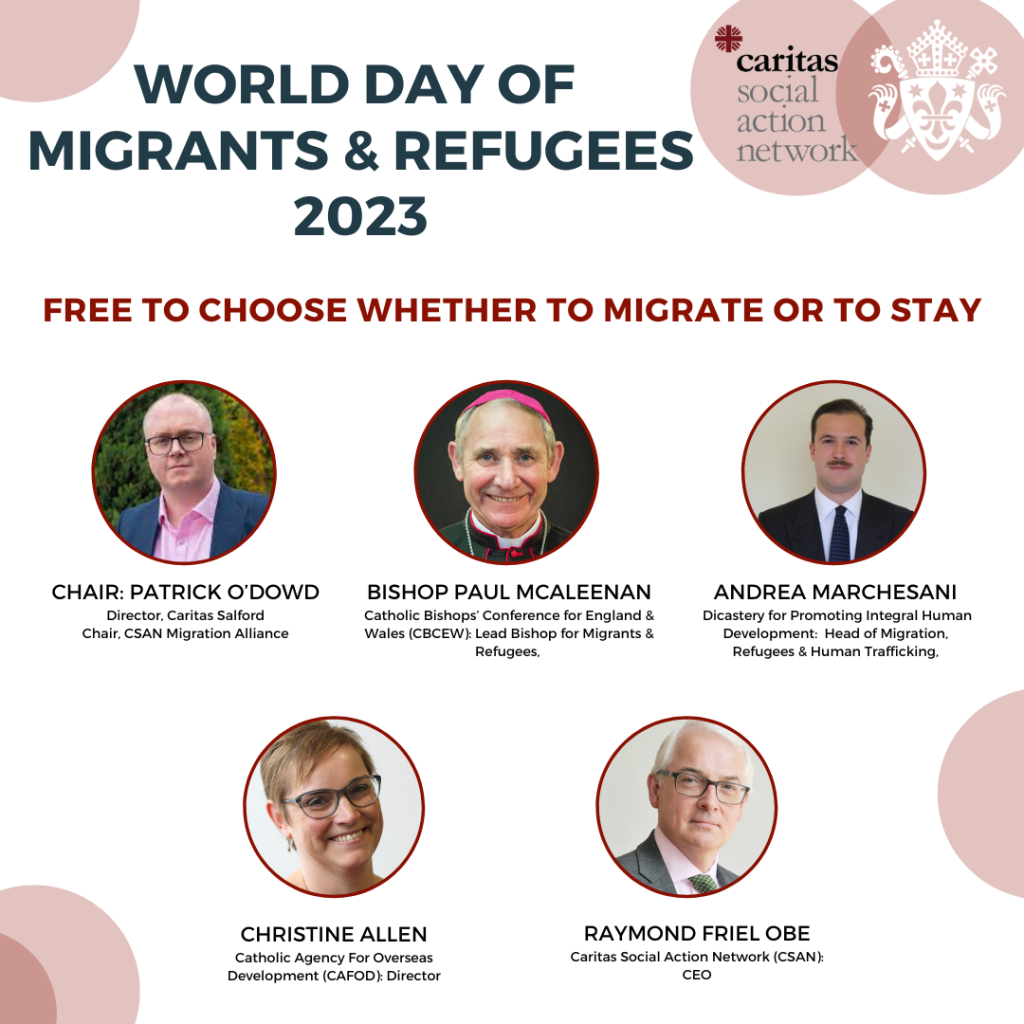
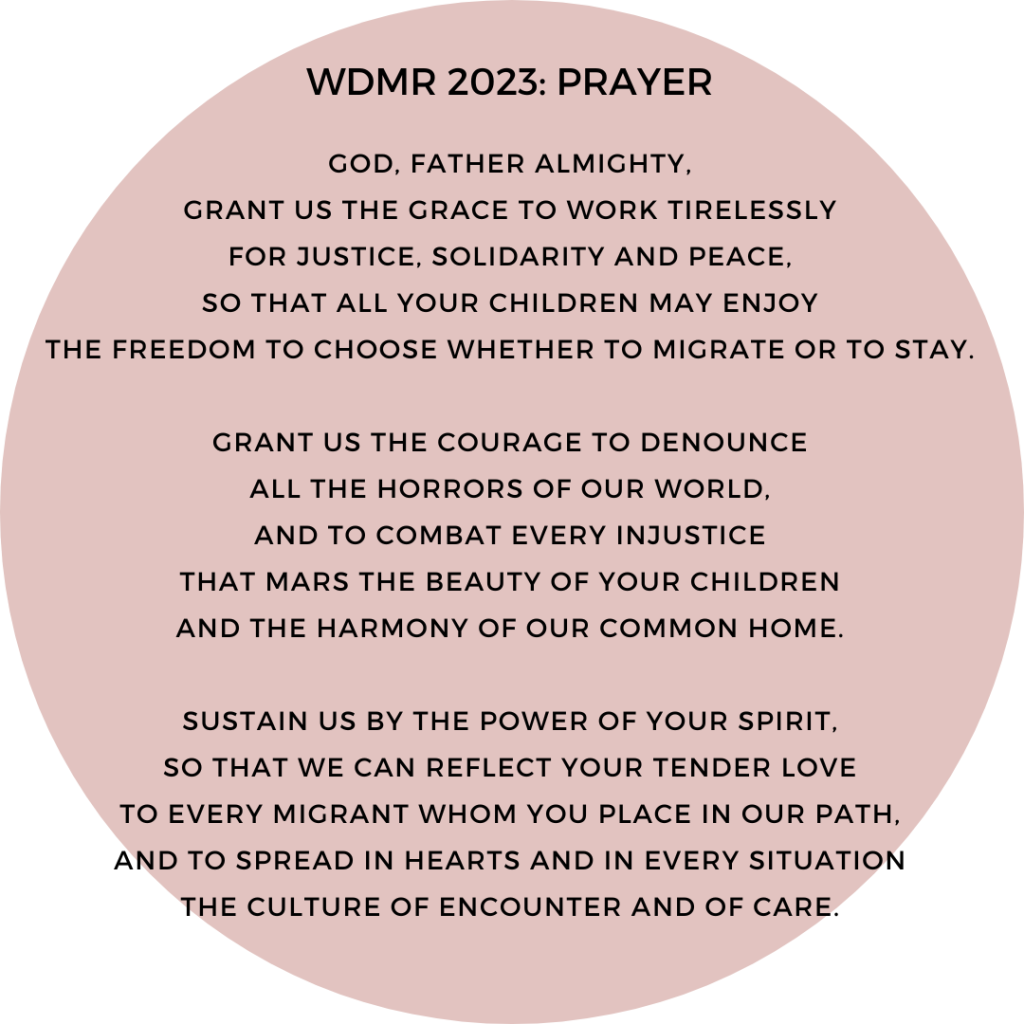

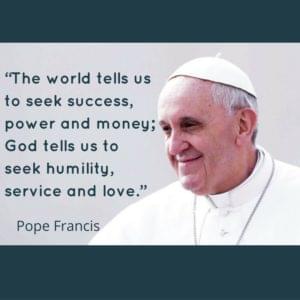
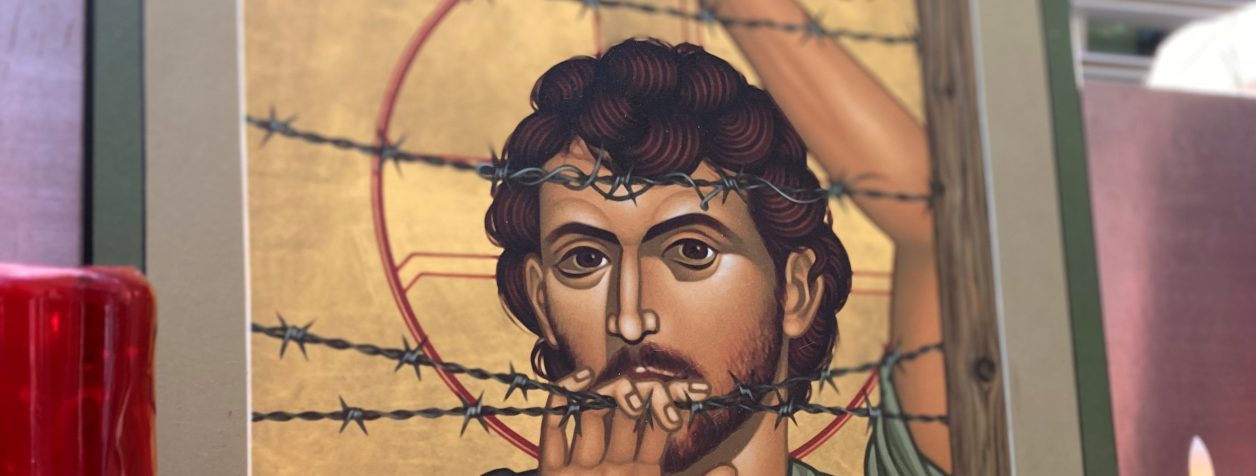
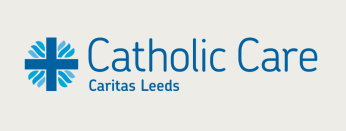

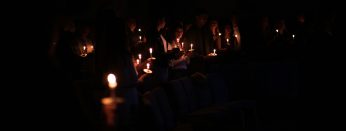
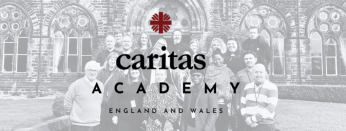
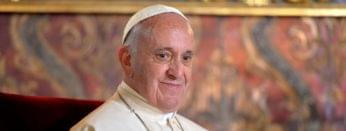
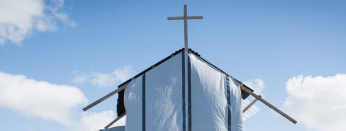
You must be logged in to post a comment.